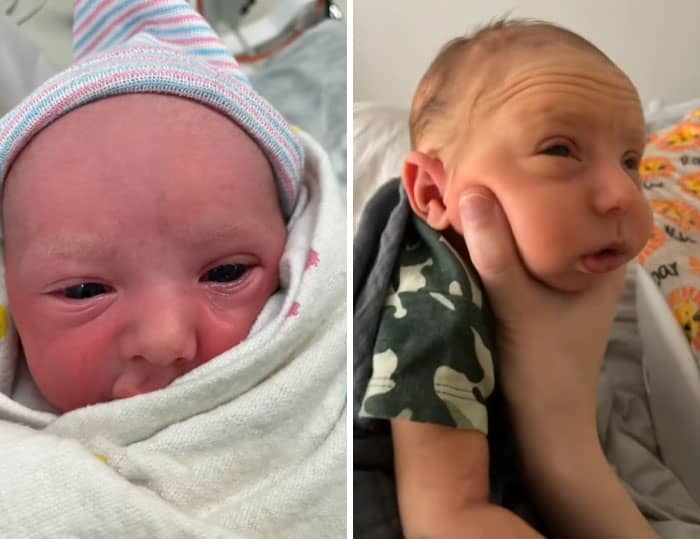Many new moms truly believe they have the cutest baby in the whole wide world. The kid can be born looking like an alien from another planet, or as if they’ve already lived a hundred years on earth (like these ones). It matters not. In the eyes of mom, that newborn would hands-down win any little person beauty pageant or land a lucrative modeling contract.
Often, it’s only when the moms look back at newborn photos that they realise the proverbial wool had been pulled super-tight over their eyes. Their tiny bundles of joy were not, in fact, the cutest ever. But rather, quite the opposite.
A hilarious new trend is taking the internet by storm and encouraging mothers to think deeply about whether their kid truly was as cute as they once thought. Moms are posting then-and-now pics of their babies, using the caption, “Postpartum hormones are wild. What do you mean I thought I had the cutest newborn of all time?“
We has put together a compilation of the best posts from the challenge. Some might have you crying with laughter. Others could leave you cooing at how the bubs finally grew into their cuteness. Either way, prepare for an entertaining and honest scroll through this gallery of little humans. Don’t forget to upvote your favorites.
#1
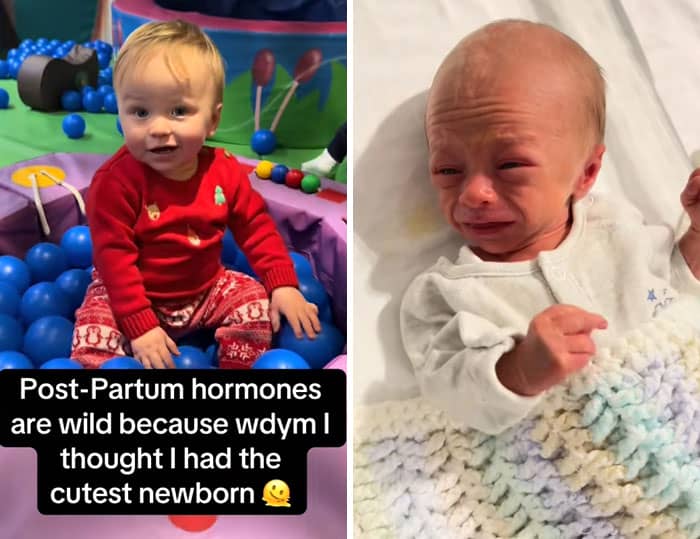
These moms aren’t lying when they say postpartum hormones are wild. It’s a fact that many experts will back up in a flash. And here’s why…
A woman’s hormones begin to change very early in pregnancy. Progesterone and hCG begin to let the body know that there’s no need for ovulation. But with these two hormones increasing, there are often also a range of side-effects including nausea, fatigue, headaches and breast tenderness.
Throughout pregnancy, the woman’s body will be producing large amounts of estrogen and progesterone. Both of these steroid hormones play a part in producing dopamine and serotonin, which as you might know, help us feel happy and relaxed. A bonus when you’re carrying and growing another human being.
But here’s where things start going haywire. Immediately after childbirth, estrogen and progesterone levels will drop dramatically. And will continue to do so for a few more weeks. At the same time, prolactin and oxytocin levels are increasing rapidly during this time. Cue a whirlwind of moods and emotions, including thinking your bundle of joy is the cutest newborn ever to grace the earth.
#2
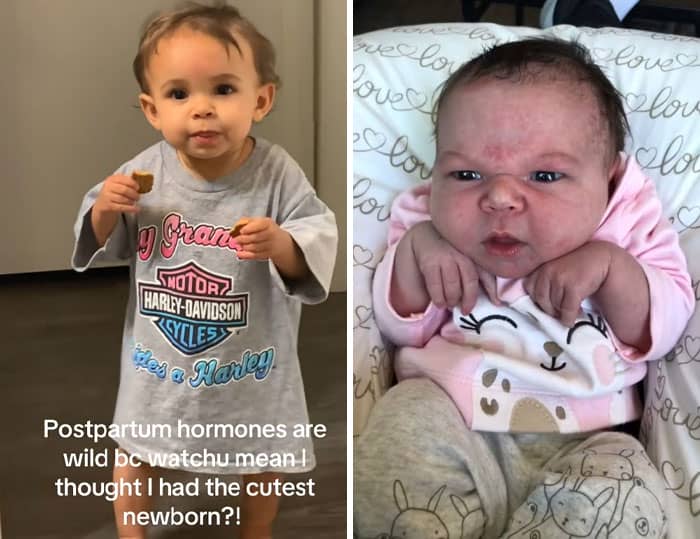
#3
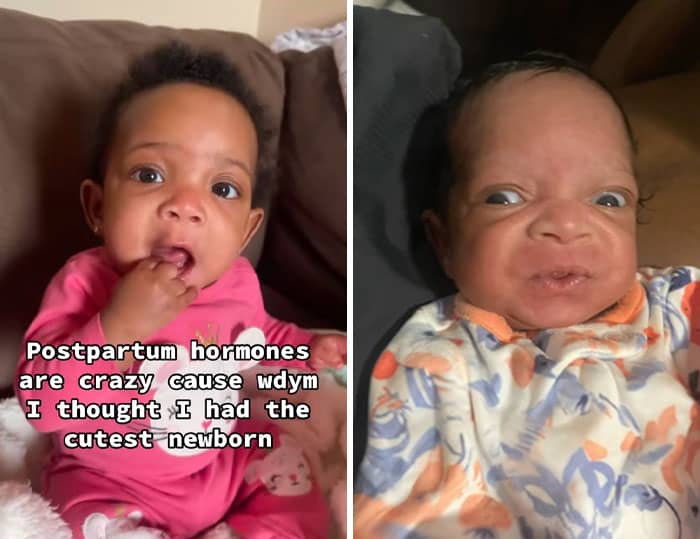
It takes a few weeks for a new mom’s emotions to gradually start stabilizing. But this doesn’t mean they’re out of the woods, just yet… “Around 6 weeks postpartum, symptoms of postpartum depression may begin to appear due to changes in hormone levels,” explains the VinMec hospital site.
“Changes that women may experience include not wanting to bathe or focus on hygiene, being afraid to leave the baby with others, being unable to get enough sleep due to constantly caring for the baby, and lacking appetite, and not wanting to leave the house and interact with others,” reads the page.
#4
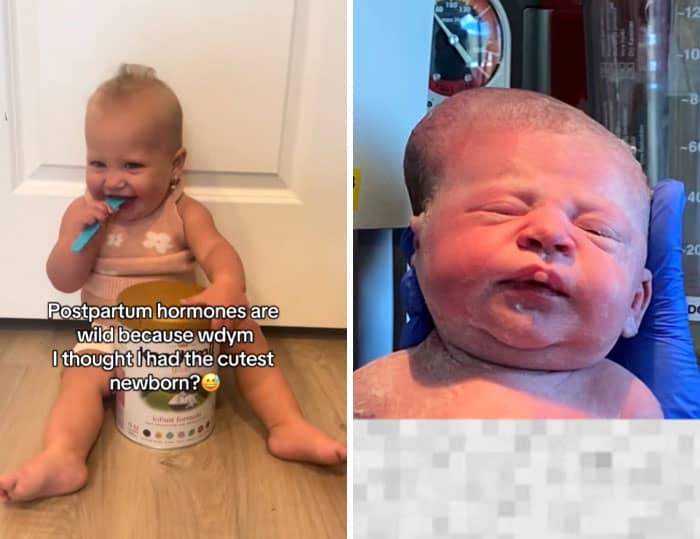
#5
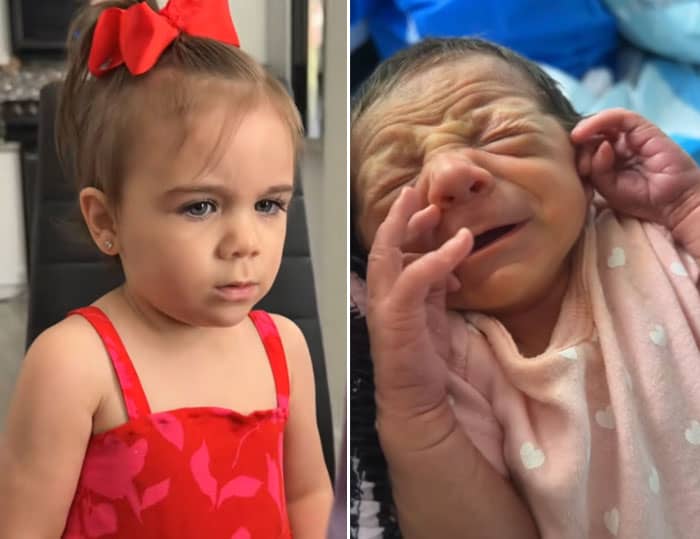
#6

Three months after giving birth, a woman’s hormones have still not returned to normal. Somewhere between two and three months postpartum is when the hormone levels will gradually start return to similar levels as before pregnancy.
But with the stress of having a newborn, and being a new mom, cortisol levels continue to increase. Lack of sleep can also reduce melatonin and serotonin levels.
#7
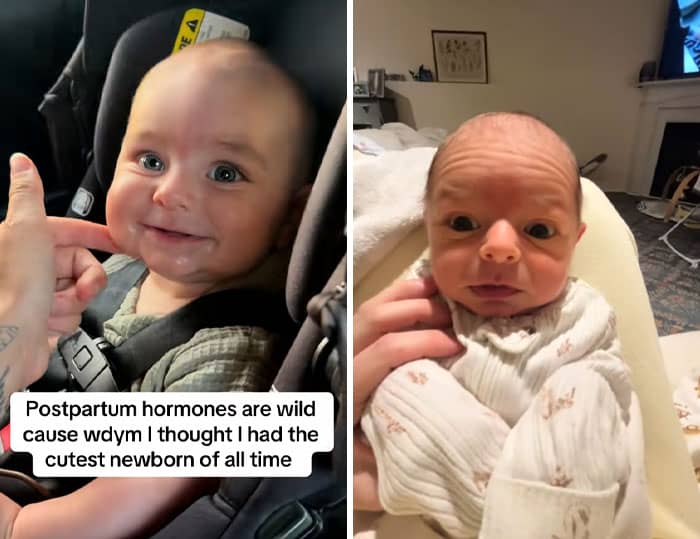
#8
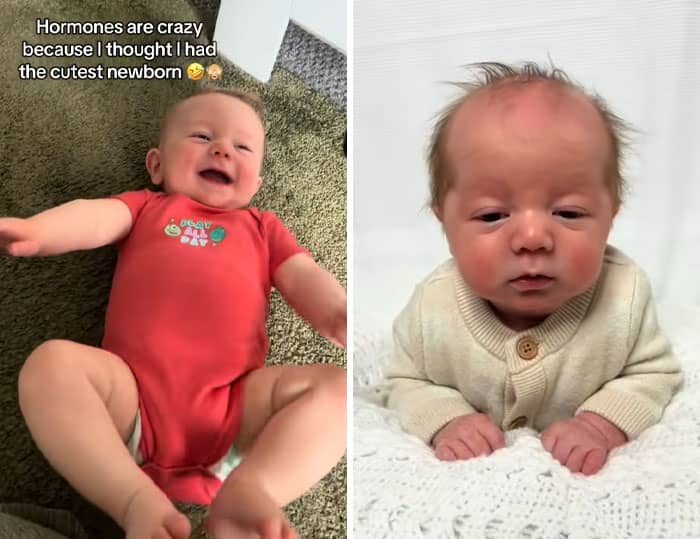
#9
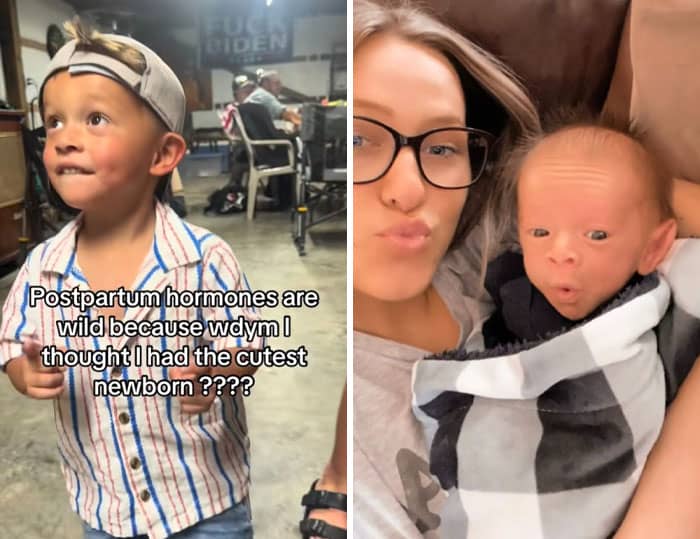
At around six months, there’s a decrease in prolactin levels. That’s the milk-producing hormone.
“This hormone needs to be constantly secreted during breastfeeding, but when the baby starts eating solid foods, its level will decrease,” explains the hospital site. “Even when continuing to breastfeed after 6 months, the baby’s milk demand may still be well regulated at this time and milk is no longer produced as much as before.”
#10
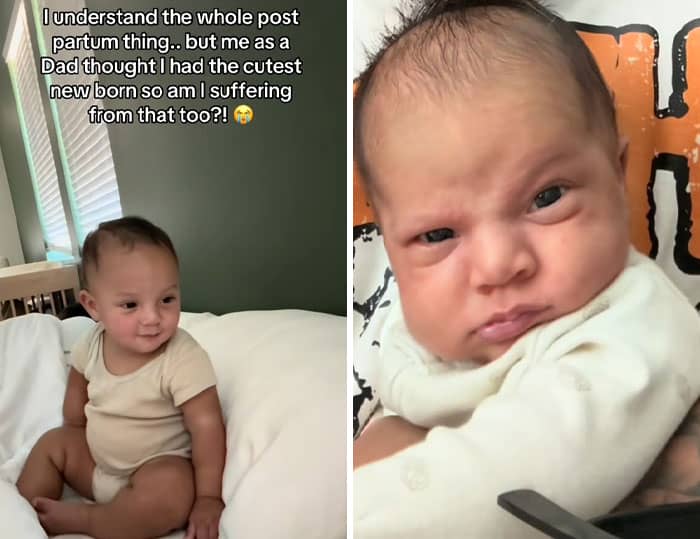
#11
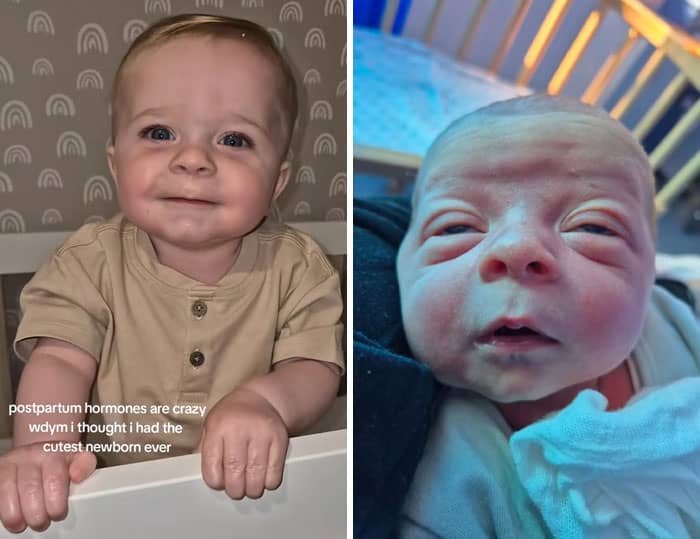
#12

According to the hospital, many women’s hormone levels will return to normal around 6 months postpartum. More or less the same time they get their first menstrual cycle after giving birth.
“Estrogen and progesterone levels at 6 months postpartum will return to normal levels as before pregnancy,” notes the site. “And they will continue to change cyclically and women will start to menstruate again.”
#13
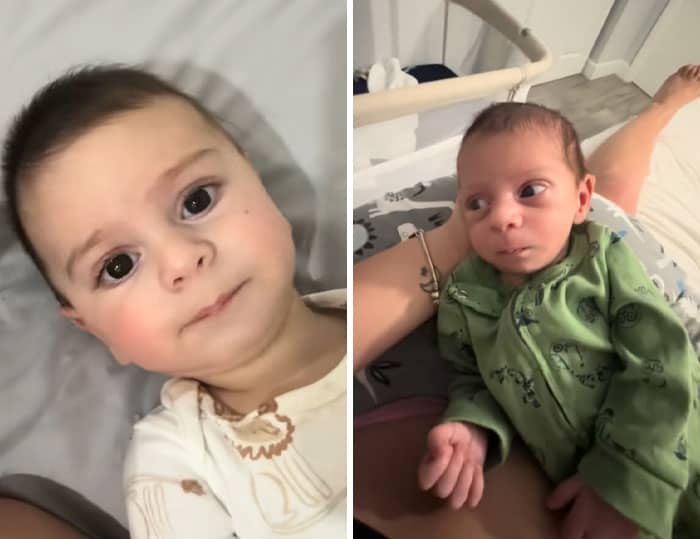
#14
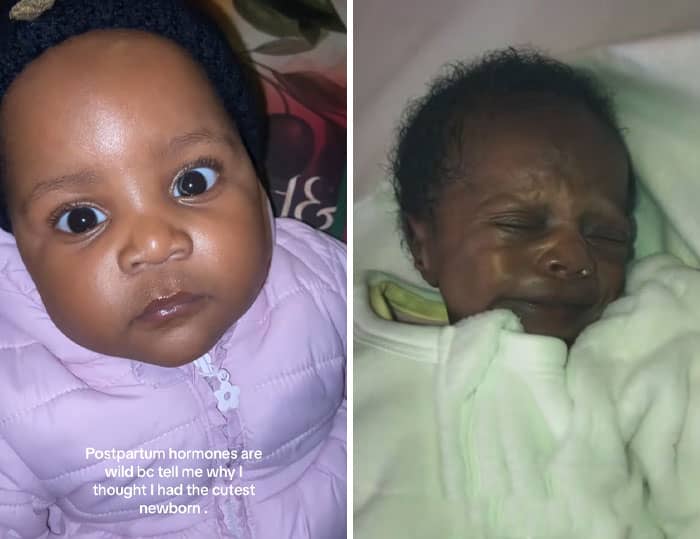
#15
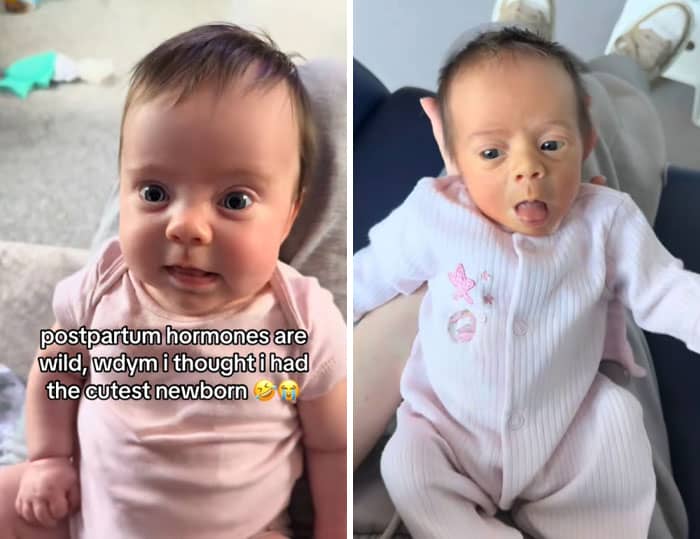
#16
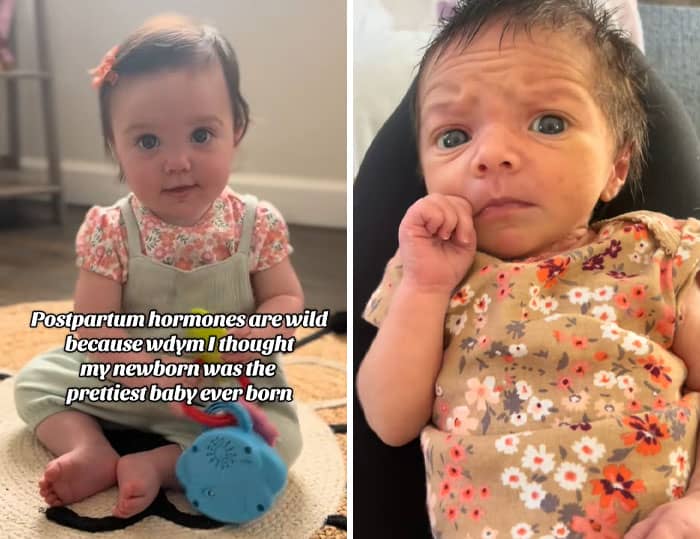
#17
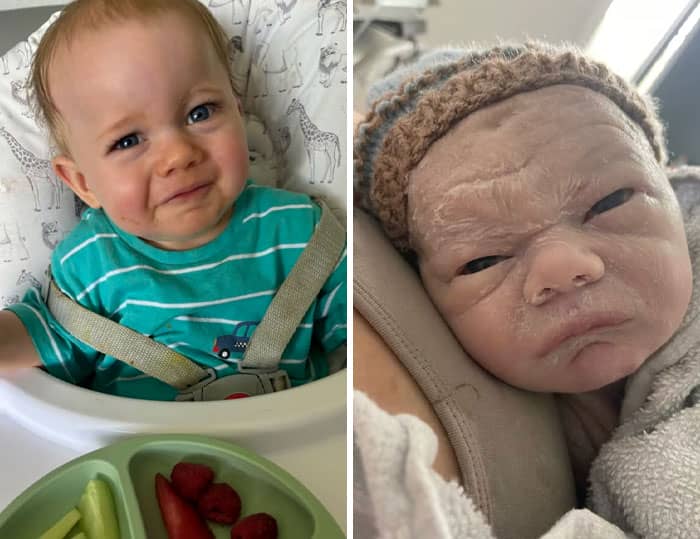
#18
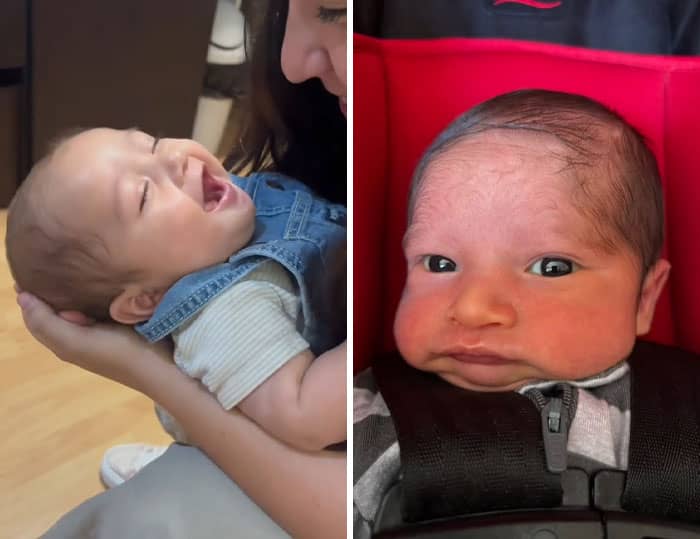
#19

#20
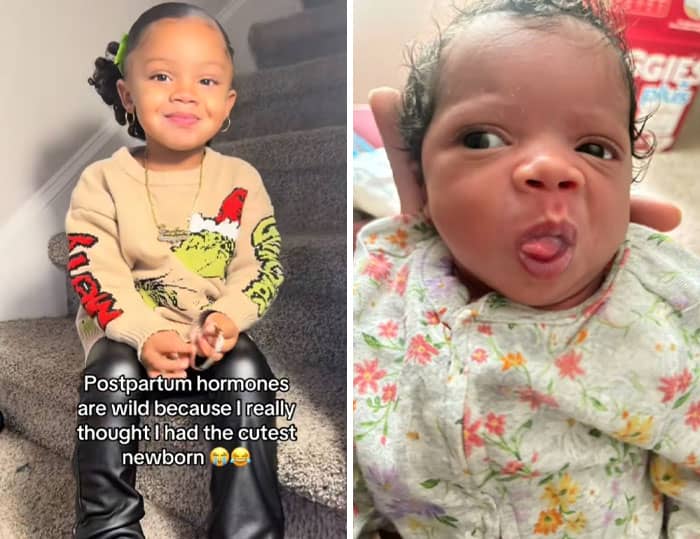
#21
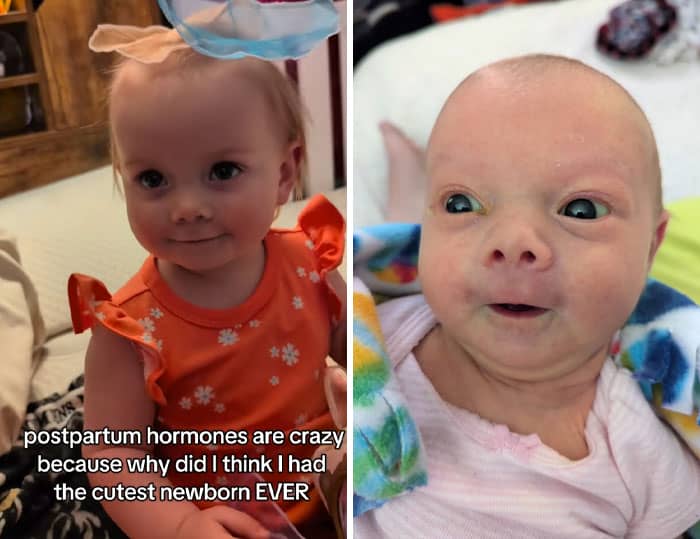
#22

#23

#24
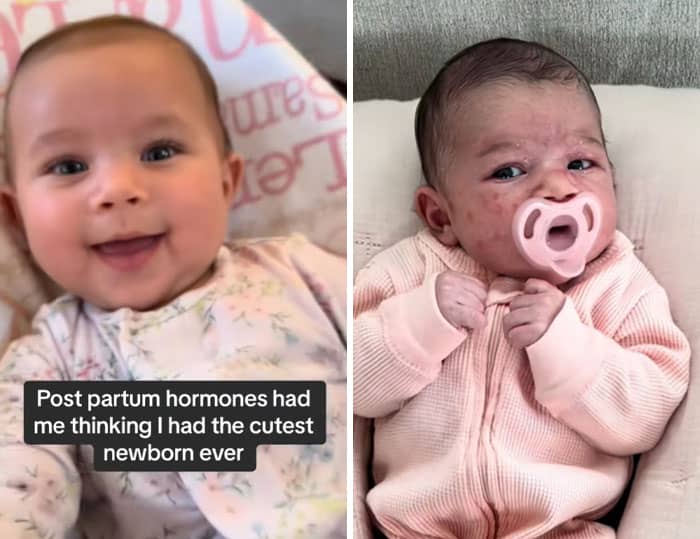
#25

#26
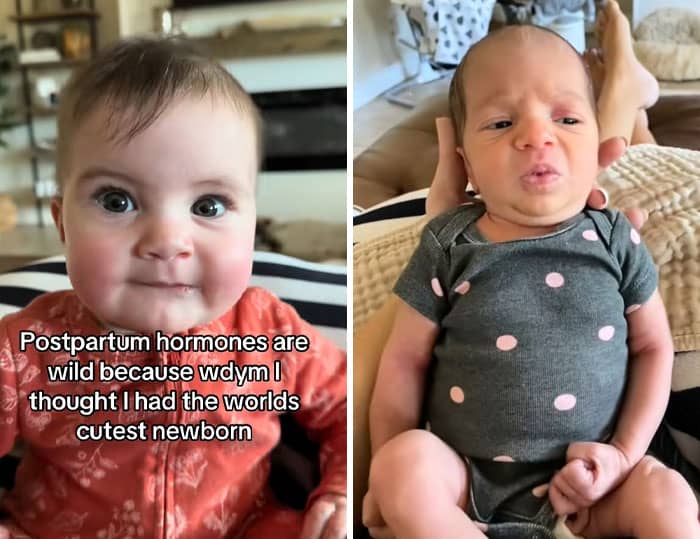
#27
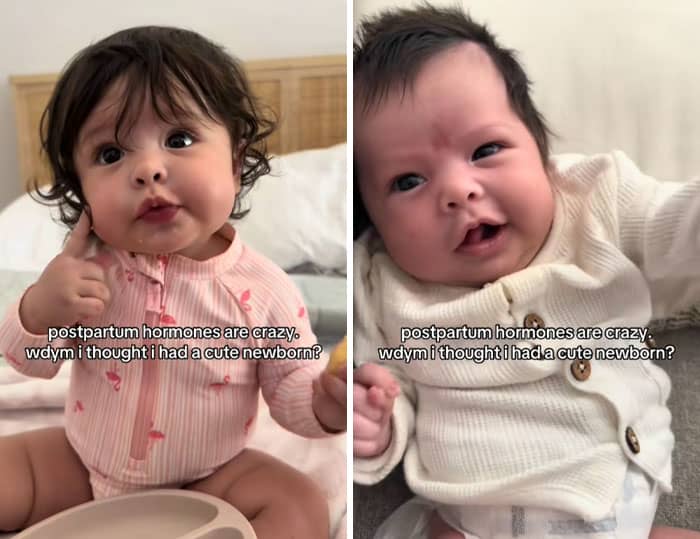
#28
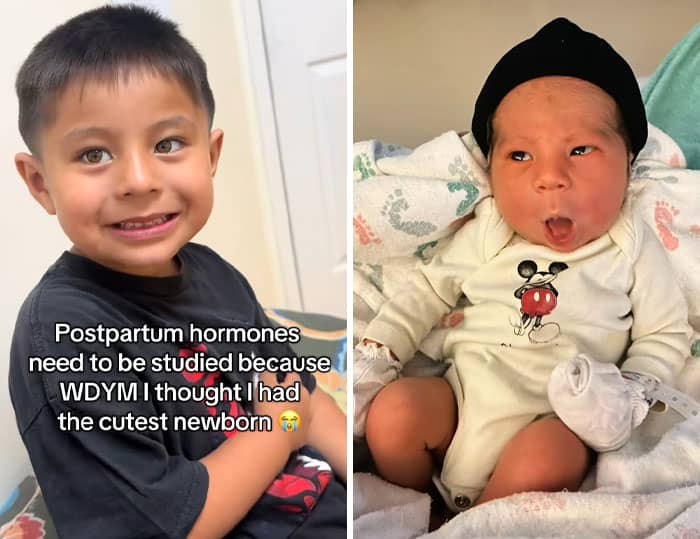
#29

#30

#31
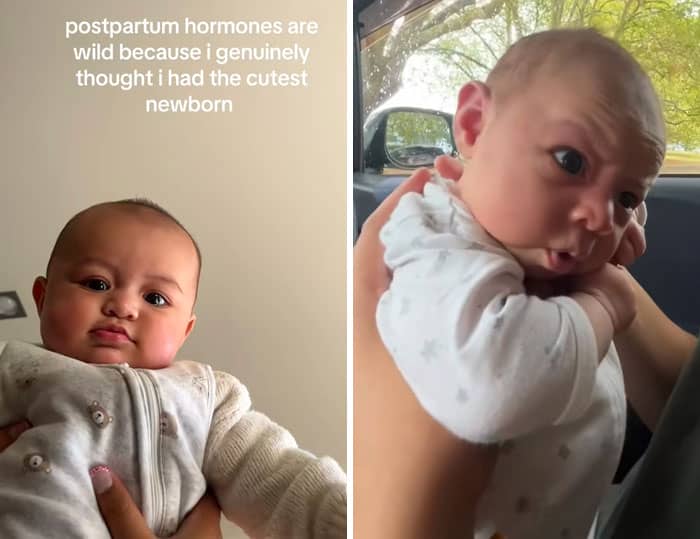
#32

#33
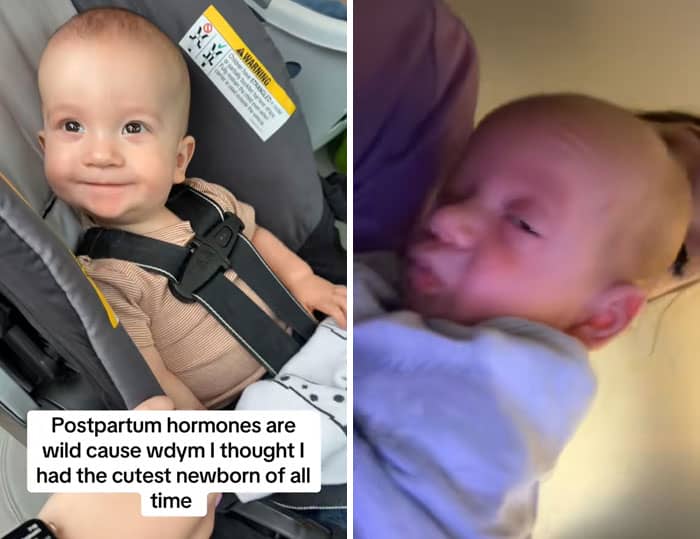
#34

#35
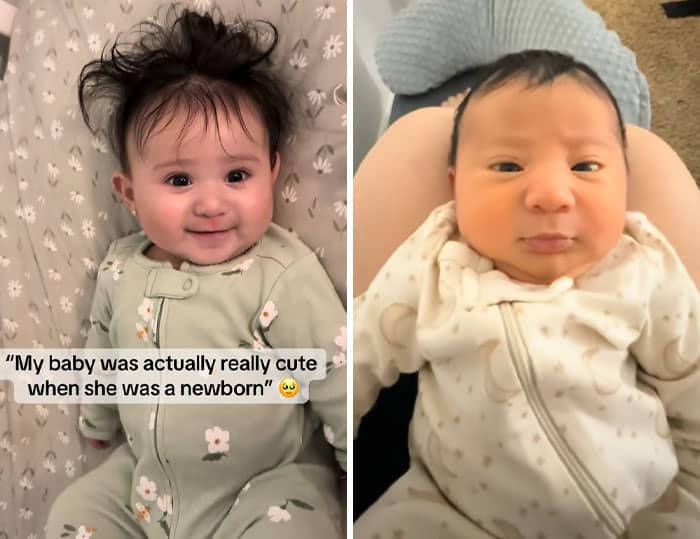
#36

#37
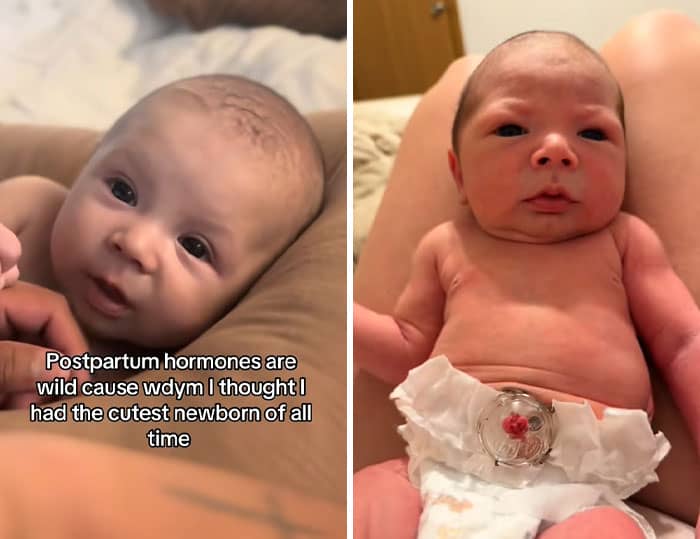
#38
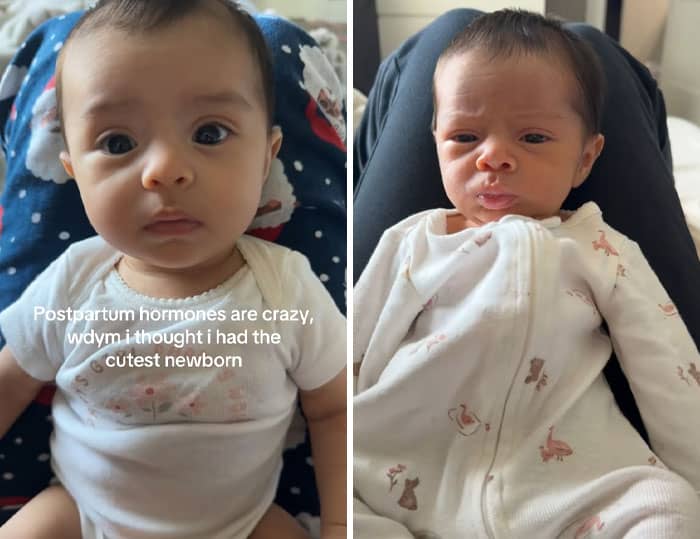
#39

#40
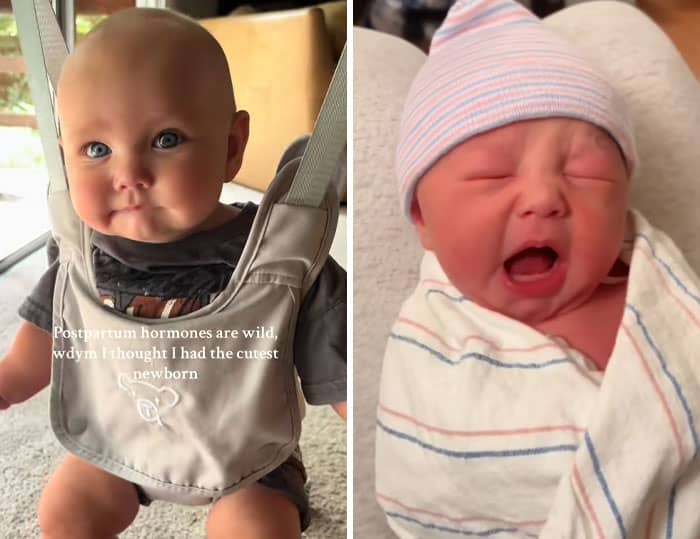
#41
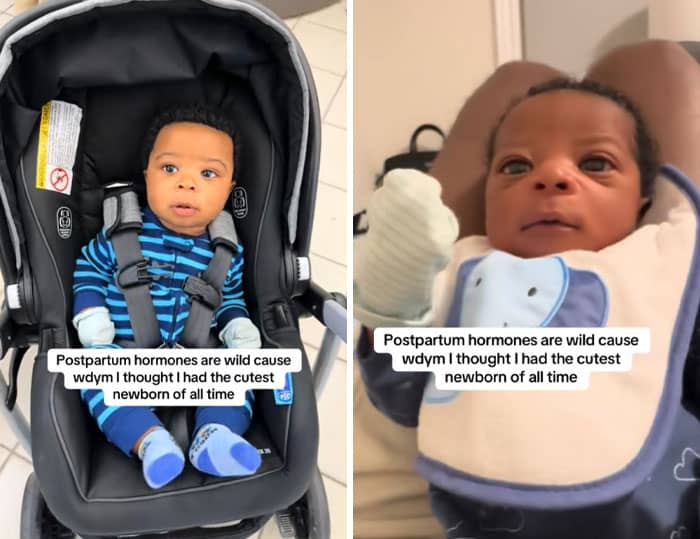
#42

#43
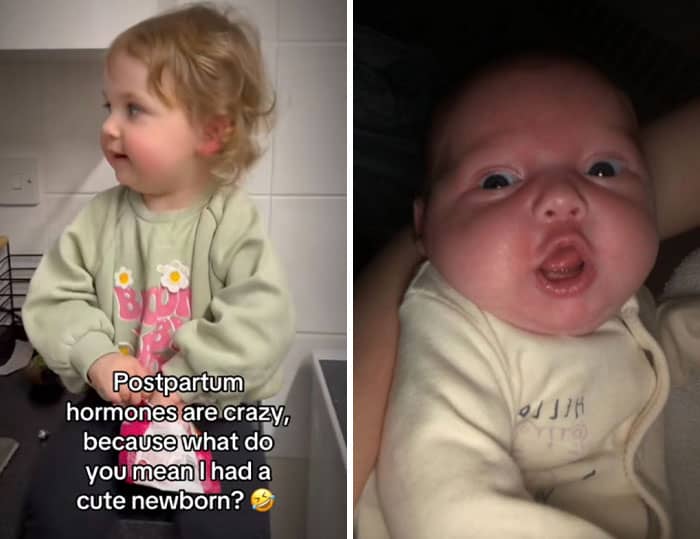
#44
